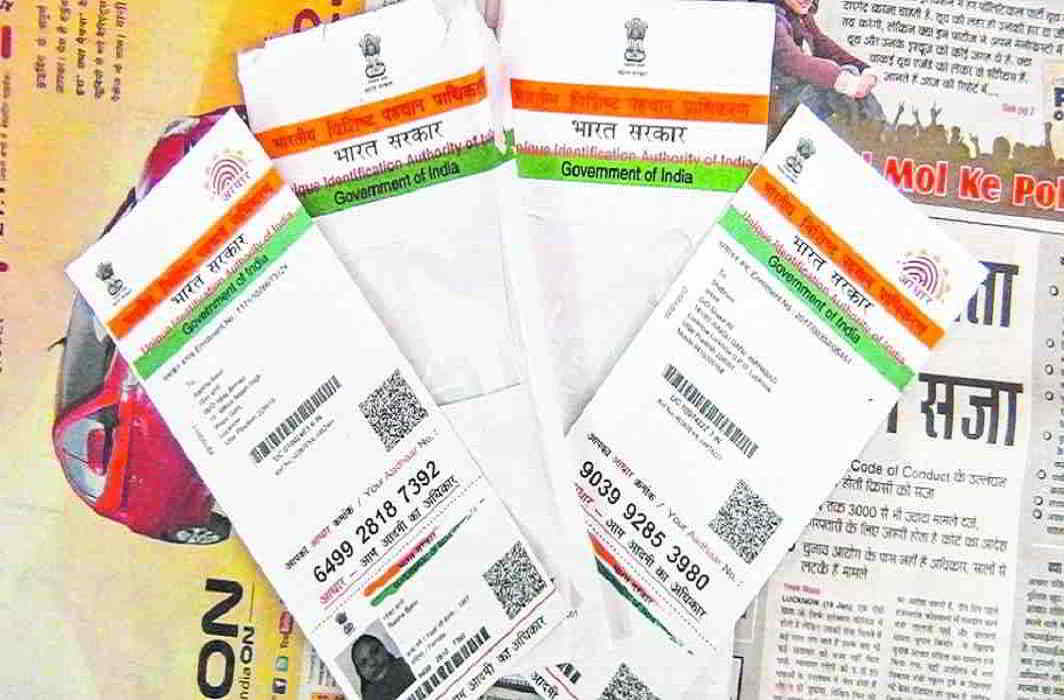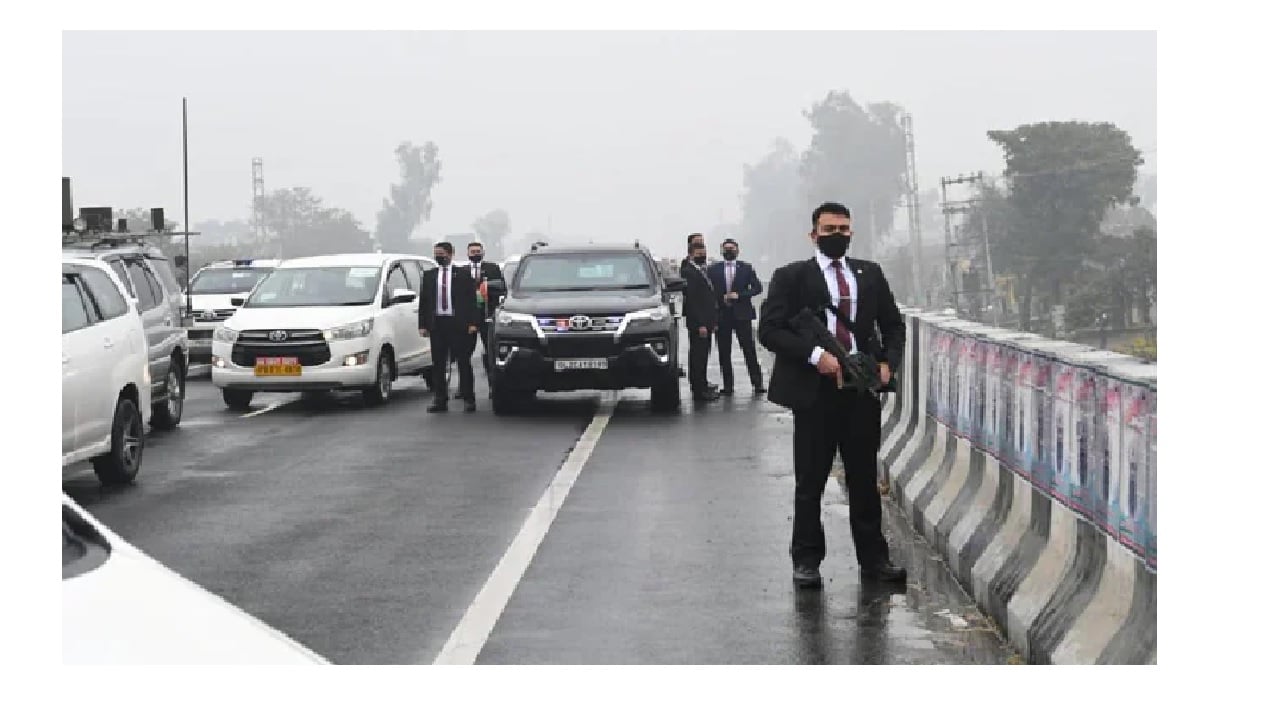[vc_row][vc_column][vc_column_text]As the recent social security number hack, which exposed the data of 6,000 clients, demonstrates, leaks can spring from the unlikeliest of sources and, given the size of India’s population—plus the fact that UIDs are to be linked to tax returns and bank accounts, a much larger threat hangs on the citizen’s money as well as their security
By Sujit Bhar
The Aadhaar versus privacy issue that has been raging in India has had two warning echoes from the US. Both are scary, and if placed in the backdrop, the possibility of Aadhaar’s unique identity privacy breach doesn’t seem just a conspiracy theory any more.
The huge biometric database that the government of India is forming with the entire population of India coming under the umbrella can come out from strange sources, as the US example says.
Forbes has reported on May 10 that 6,000 Social Security Numbers (SSN) of American clients were unintentionally exposed by a London-based business finance provider firm that helps its clients bypass the banking system and hence its several paraphernalia, to link with peer-to-peer funding. But the missing link and the expose came from another source, said Forbes. The company has admitted that “a misconfigured Amazon Web Services database exposed more than 13 million marketing email addresses for individuals,” Forbes reported.
SSNs in the US are an all-encompassing database that includes a huge number of data on the person, starting from tax returns to his security details and more. Details of all this will be available to anybody who can use these numbers on special networks (such as the police or the NSA) and may be able to use such data to adversely affect the person’s credibility and even security.
Aadhaar, will have, over and above, biometric details of the person, which are very critical in as far as security goes. With Aadhaar now being linked to PAN, tax filings would be within the grasp of a hacker, so will bank account details and whatever else comes within the purview of the UID.
Of the huge database glitch, Forbes says: “Additionally, private data sets Funding Circle had purchased from third parties and credit agencies including Dun & Bradstreet, Experian and Powerlytics were left open.” Which means anybody who wanted to get data about these people need not even be hackers. It was being served on a platter to whosoever wanted to get hold of such information.
The scariest part of the entire episode was that the clients themselves had no hand in the breach, and it did not even happen at any place where they may have expected it to, such as their home computers or the IRS of the US.
With the internet’s extensive reach, such data from Aadhaar could also land with terrorists, who can use any identity to cover their tracks.
In another story, that appeared in Mashable, it was announced that all American airports would soon have face scanning as a must. This presents another set of data hacking opportunities. While the entire exercise is laudable for its intent, any auxiliary intent could be counter-productive, to say the least.
More importantly, a face scan means that this data will have biometric information, which is more critical. Biometric data is possibly the best way of identification these days and Aadhaar has such information in plenty. One biometric scan in any airport anywhere in the world would leave an Indian citizen open to scams.
There is need for a lot of caution regarding collecting public data and in a country as disorganised as India, this should be treated even more carefully.[/vc_column_text][/vc_column][/vc_row]


 India News23 hours ago
India News23 hours ago
 India News23 hours ago
India News23 hours ago
 India News13 hours ago
India News13 hours ago
 Cricket news13 hours ago
Cricket news13 hours ago
 India News12 hours ago
India News12 hours ago













